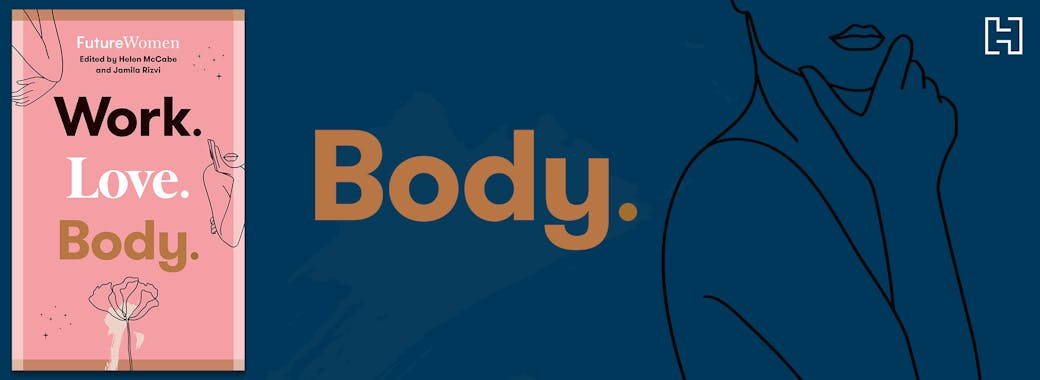
Health and the Impact of 2020
WEDNESDAY 06 OCT, 2021Post-traumatic growth is a term used to describe the positive psychological change that can occur in an individual or collective as a result of experiencing adversity. When I think about the future, I keep coming back to this term and something else Pauline Boss told the Mind of State podcast in relation to ambiguous loss. ‘This is both terrible and we may grow from it,’ she said. ‘This is both a terrible time in our history and we may get stronger for it.’ During this stretch of time, our collective mental and physical health has taken a hit and we are seeing really positive opportunities for reform. The health consequences of loneliness and social isolation have been underestimated for years, but the pandemic has forced us to recognise them and gave governments the chance to adequately invest in addressing those problems. The innumerable losses have been accompanied by the possibility of doing things differently moving forward. ‘Having things unstable for a while means that change is afoot, change is coming, and hopefully it’s change for the better,’ Boss said. ‘I’m not sure all of this would have happened if it hadn’t been a terrible emergency [that] we’re living in. It’s somehow opened us up in a way that is both painful and, in the end, may get us to a better place.’
The pandemic isn’t over, but it’s time to think about what kind of world we want to have when that moment arrives. What kind of people we want to be. What kind of help we offer to the vulnerable, what kind of generosity we extend to ourselves. That manifests in the way we operate our healthcare system, respond to emergencies and treat illness, of course, but it also manifests in thousands of smaller, more intimate ways. Maybe we’ll be more willing to speak to strangers, neighbours and colleagues. Maybe we’ll be more willing to show vulnerability. Maybe we’ll change the way we approach exercise and nutrition and mood. Maybe we’ll be more available for life. It is unequivocally true that this pandemic has changed us. It remains to be seen, just how much we can make of that change.
These possibilities lay on the long stretch of white sand that appeared outside my window for a brief moment in time. This morning, it was filled with people. As I sat on a bench with my coffee, I watched as they each left their towels and iPhones on the sand to catch a moment in the ocean before returning to their homes and their desks, to begin another day of work. Each of them, diving into the salt water to feel alive. Finding a small, ordinary moment that would expand into infinity. This part of us, the part that craves joy and lightness and a minute in the ocean, isn’t separate from the part of us that craves for a safer, more equitable world. They are not opposing thoughts but symbiotic. The former helps us fight for the latter. The challenge now lies with the knot we are left to untangle. If we can untangle the urge to be more productive from our desire to live more – for no reason other than living is an end in and of itself – we might be able to do more for one another. If we can just hold open that place in the sun, we might be able to see clearly again.
This is an extract from Work. Love. Body. edited by Helen McCabe and Jamila Rizvi.
Related news
 loading...
loading...
Mum loves books this Mother's Day!
 loading...
loading...
Start reading Small Hours by Bobby Palmer
Start reading Small Hours by Bobby Palmer
 loading...
loading...
Read an exclusive extract from All the Colours of the Dark
Dive into Chris Whitaker's unputdownable, All the Colours of the Dark.
.png?auto=compress&w=440&h=247&fit=crop&fm=jpg) loading...
loading...
Read an exclusive extract from Datsun Angel by Anna Broinowski
 loading...
loading...
Meet Susannah Begbie, 2022 Richell Prize Winner
It's the 10th anniversary of The Richell Prize - hear from the 2022 winner.





.png?auto=compress&w=150&h=60&fit=crop&fm=jpg)

.png?auto=compress&w=150&h=60&fit=crop&fm=jpg)

